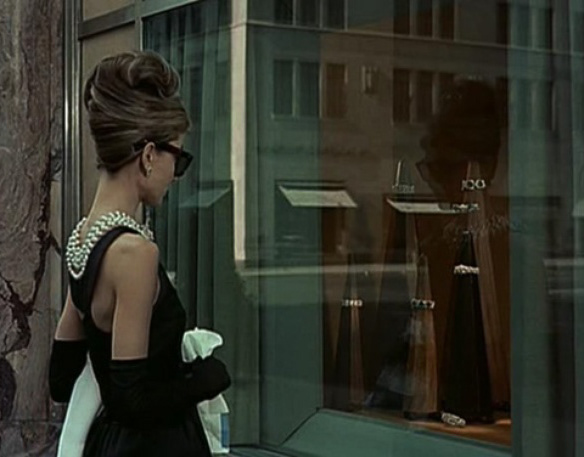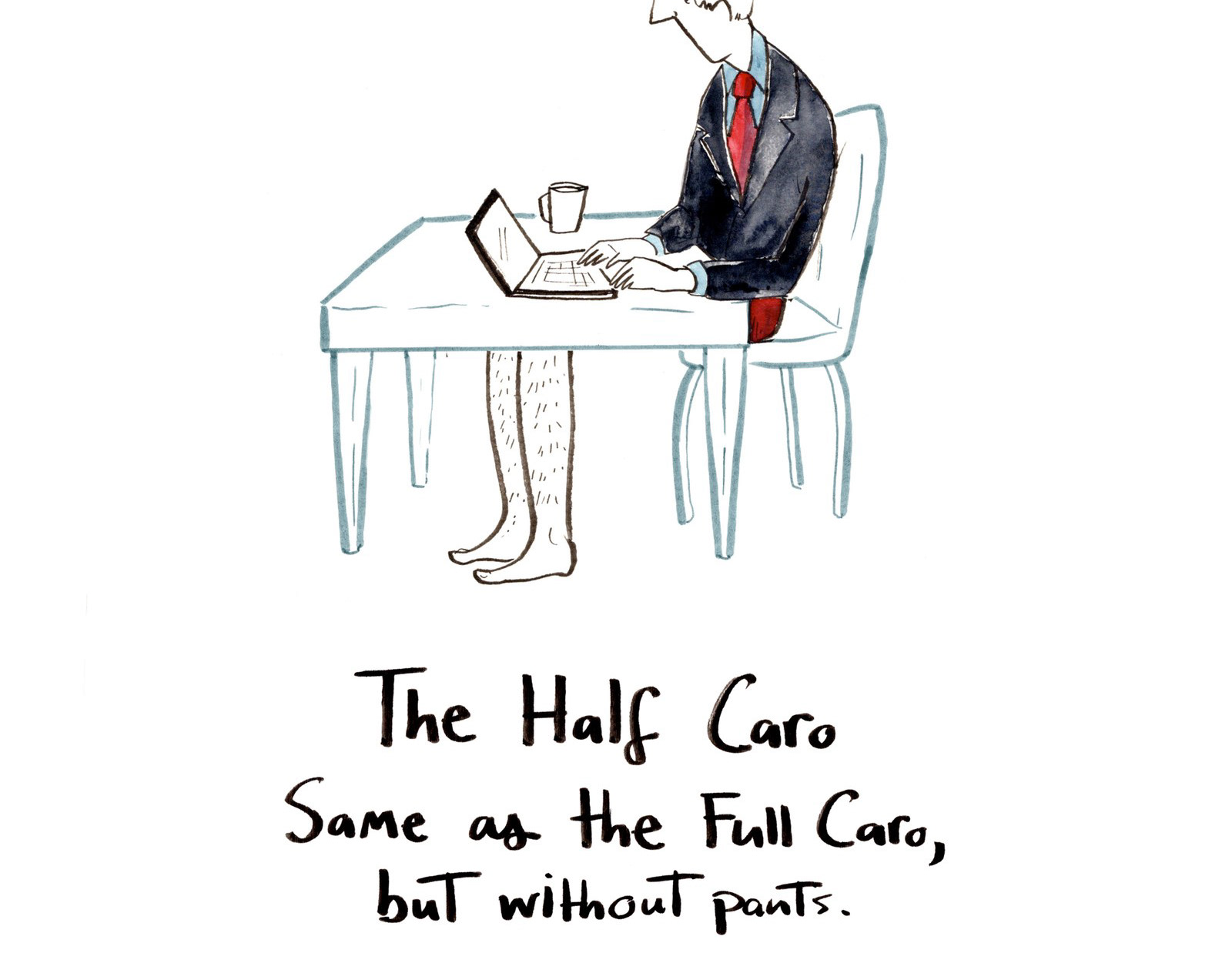As I leaf through all the apocalyptic photos of abandoned shopping malls on the internet, I sigh with relief. Good Riddance! What was once a congested and stale smorgasbord of chains is now a deserted playground for the ghosts of Black Friday's past- vacuous spaces frozen in another time, and filled with redolence of my teenage angst.
When I think of the mall I picture my emo, adolescent self getting my ears pierced at Claires, passing swarms of teenage cliques gawking over the models outside Hollister. Cringe!
I think of that scene in Mean Girls, you know, the one with the fountain, where each shopper morphs into a feral creature; innate consumer thirst at its finest perhaps.
While I'm not sure I agree with Cady on the mall being like a jungle, it was certainly designed play to our hedonistic tendencies.
Stephlawless.com An abandoned mall in Akron, Ohio.
Now, weeds grow through the cracks of faded asphalt. Seagulls fight over tossed fries. Plastic bags dance through empty lots. Its all gone bust!
The deserted mall has even taken on its own art form, something akin to the enticement of a boomtown I guess. I picture a bunch of Ricky Fitts looming in the corners. Ahh the plastic bag- a true "American Beauty".
Today, there are hundreds of Instagram accounts dedicated to abandoned malls, such as Dan Bell's "The Dead Mall Series".
Hollywood is embracing them as a perfect dystopian backdrop. Segments of both David Fincher's Gone Girl and HBO's Westworld were filmed in Hawthorne Plaza- an abandoned mall in Vernon Hill Illinois-dead for nearly two decades now.
Hawthorne Plaza Mall featured in Westworld
This all goes to show that Suburban Malls take on an entirely different narrative than Manhattan's streetscape storefronts, an equally American one, but a much different one.
If you want to know who stirred up the necessary ingredients that drew in the first suburban "mall rat" the answer is- Leslie Wexner. Victor Gruen laid the foundation, Wexner set the thirsty trap.
A lot of the American Mall's success that flourished in the 80's and 90's, can be owed to Wexner, so much that in an1996 article, The Times would coin Wexner, "Merlin of The Mall". Gruen and then Wexner would turn what was once a face of American elegance into a mass scaled homogenization of big box stores.
Anchor stores, Gruen realized, would serve as "draw tenants" that would lure traffic in, and as bedrock when it came to bringing in consistent cashflow. But what would lie between Macys and Lord and Taylor?
In 1963 Lesley Wexner would proceed to fill in the blanks, pioneering the"a line chain" business model that would feed off of anchor traffic. In only a decade Wexner would both build and acquire a portfolio of retail brands that would heed a billion dollar a- line market.
Brands such as Victorias Secret, Abercrombie and Fitch, and Bath and BodyWorks would fill malls all over the country and their rampant success made way for a string of a-line successors such as Donald Fisher's The Gap and Micky Drexler's Old Navy.
Victor Gruen architected the mall empire, Wexner then capitalized on it. With the "gruen effect" Gruen lured and weaved consumers through the mall by way of a sort of shopping maze, the anchor stores serving as entry points.
By the early 90's mall culture had drowned out thousands of family owned businesses around the country. In 1990,19 new American malls were built in the same year. Malls had indubitably become a fabric of American Culture.
Quartz: Victor Gruen on the right. The outcome of the mall wasn't exactly what Gruen had in mind“ I am often called the father of the shopping mall”......"I would like to take this opportunity to disclaim paternity once and for all. I refuse to pay alimony to those bastard developments. They destroyed our cities.” The irony is that he basically invented the mall yet ended up becoming the utmost mall critic.
At one point Wexner's empire seemed too big to fail, but now, its crumbling, along with the retail mogul's reputation after his relationship with Jeffery Epstein surfaced late last year. With a majority of The Limited Corp's business model hinging on mall traffic, it's no surprise that it's caving in. I guess with the vanishing American mall comes the extinction of the mall rat, and, the ghost of Leslie Wexner.
Everyone saw the banishing of malls coming. Even before the pandemic, in 2019, mall vacancies were at an eight year high, and 16% of retail loans were delinquent. Now with Covid, which is perhaps the great catalyst for change, mall banishment is just happening at a lightning speed.
In a 2013 investor meeting Wexner himself surrendered to the malls inevitable fall from grace. He would say what everyone was dying to say, and many investors were afraid to hear, "department stores are irrelevant"- the mall is dead.
Of course, in 2013, those words were somewhat debatable; they didn't amass to the same gravity as they do now. Now, in 2020, those words have become an explicit truth. From a sales perspective, department stores aren't "kind of" irrelevant. They are irrelevant- sterile even.
There's nothing alluring about malls anymore, no not even to the mall rat. There's too much tawdry cheese online to choose from, and it's cheaper. In this uber-efficient transactional economy, nobody really has time to wander around a mall or navigate any retail biosphere for that matter.
But as people continue to rethink urban dwellings and if this exodus from cities extends into the future, there's going to be a demand for some sort of nuanced suburban lifestyle center- what that looks like- nobody is too sure yet!
Post Word War II reconstruction and the expansion of freeways was the impetus for a relentless suburban sprawl and that laid the foreground for malls to thrive. Now, ironically the same sort of pilgrimage to the burbs is met with the malls demise. A move out of cities will surely initiate a new suburban archetype. Malls likely wont be decimated but will continue to be retro-fit into other forms. Time will tell what those forms will be.
Malls might be dead but "cathedrals of consumption," as George Ritzer famously called them, are not dead- they've just morphed into an even more ominous and digital rabbit hole, one a lot more manipulative than Gruen's maze I might add.
At least malls used to serve as a separate destination for consumer culture, now consumer culture is omnipresent in all of our lives. We can thank Steve Jobs for our evermore enhanced consumer addictions, not Victor Gruen. Leave him out of this!




